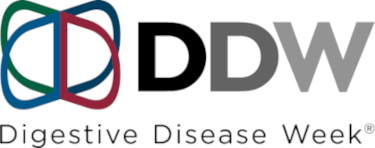Sp1057
APPLYING METABOLIC BIOMARKERS IN IRRITABLE BOWEL SYNDROME
Date
May 9, 2023
Explore related products in the following collection:
Tracks
Related Products
PLACEHOLDER
Switching from originator to biosimilar infliximab (IFX) is effective and safe. However, data on multiple switching are scarce. The Edinburgh IBD unit has undertaken three switch programmes: (1) Remicade to CT-P13 (2016), (2) CT-P13 to SB2 (2020), and (3) SB2 to CT-P13 (2021)…
INTRODUCTION
SOCIETY: AGA
LONG-TERM EFFECTIVENESS OF TWO DIFFERENT CARBOHYDRATE-RESTRICTIVE DIETS IN IRRITABLE BOWEL SYNDROME (IBS): THE CARIBS TRIAL
This session presents the best submitted clinical abstracts as determined by their specific council sections…
MONITORING OF CALPROTECTIN IN INFLAMMATORY BOWEL DISEASE USING A SWEAT BASED WEARABLE DEVICE
Switching from originator to biosimilar infliximab (IFX) is effective and safe. However, data on multiple switching are scarce. The Edinburgh IBD unit has undertaken three switch programmes: (1) Remicade to CT-P13 (2016), (2) CT-P13 to SB2 (2020), and (3) SB2 to CT-P13 (2021)…


